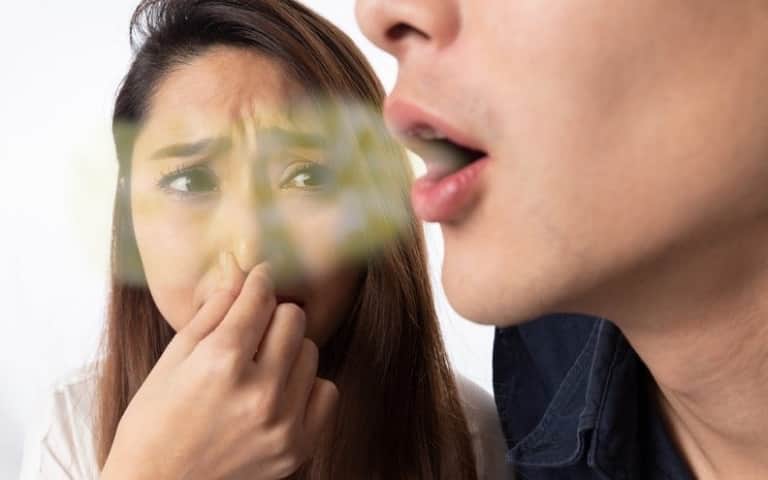“Your sinuses are air spaces in your skull and facial bones that make up the upper part of your respiratory tract from your nose to your throat. The sinuses are in your forehead (frontal sinuses), inside your cheekbones (maxillary sinuses) and behind the nose (ethmoid and sphenoid sinuses).”- ONhealth
The swelling of the tissues inside the sinus(es) is called sinusitis. A healthy sinus contains air. However, when a sinus is blocked, liquid or fluid accumulate in it. This then consequently causes infection called SINUSITIS. This infection usually happens, following common cold or allergic rhinitis. Sometimes. It can happen because of some growth in the nose called nasal polyp.
These are the different types of sinusitis depending on how long you have been infected:
• Acute sinusitis: This lasts for 2 to 4 weeks. It usually starts with runny nose and pain in the face.
• Subacute sinusitis: This usually lasts for 4 to 12 weeks
• Chronic sinusitis: This lasts longer than 12 weeks
SYMPTOMS

The symptoms of acute sinusitis in adults very often follow a cold that does not get better. In other words, the cold gets worse after 5 to 7 days. Symptoms include:
• Bad breath or loss of smell
• Cough often worse at night
• Fatigue and general feeling of being ill
• Fever
• Headache
• Pressure-like pain, pain behind the eyes, toothache, or tenderness of the face
• Nasal stuffiness and discharge
• Sore throat and postnasal drip
Symptoms of chronic sinusitis are the same as those of acute sinusitis. However, the symptoms tend to be milder and last longer than 12 weeks.
TEST
Your doctor might do rhinoscopy for you. Other tests he might recommend for you are blood test, allergy test, nasal culture and ciliary function test.
HOME REMEDY
You try the following at home for yourself before seeing the doctor:
• Adequate rest
• Drinking plenty of water.
• Inhaling steam 2 to 4 times daily
• Taking painkillers like paracetamol or ibuprofen for the facial pain and headache
• If symptoms persist for one week, see your doctor.
YOUR DOCTOR CAN TREAT YOU MEDICALLY OR SURGICALLY IF SYMPTOMS PERSIST DESPITE BEING ON RECOMMENDED DRUGS.
Medical options are:
• antihistamine: This can be given orally or by nasal spray. There are three generations of antihistamine. The first generation can make you feel drowsy while the second and third are less likely. Make sure you inform your doctor about the nature of your job when you have sinusitis so that he will not place on the first generation that can make you feel drowsy at work.
• Steroid nasal spray: This helps to relieve blocked nose and swelling of the sinuses.
• Nasal decongestants: These are given to relieve you of blocked nose. They are usually not used for more than three days.
• Antibiotics: These do not seem necessary except your doctor suspects bacterial infection.
Surgical option
• Functional Endoscopic Sinus Surgery (FESS). This surgery is done by ENT surgeon to improve the sinus drainage.
ARE THERE OTHER CONDITIONS THAT CAN CAUSE BAD BREATH?
Certainly YES! There are other medical conditions that can cause bad breath like:
- Poor dental (teeth) hygiene
- Mouth infections
- Reflux of stomach acid
- Xerostomia: This is a condition called dry mouth in which production of saliva in the mouth is reduced. Likewise, if you always sleep with your mouth opened, you can be having bad breath because your mouth will be dry.
- Tobacco product
- Lung diseases

Dr. Adeyemo Olusola is a medical graduate of Olabisi Onabanjo University, Ogun State, Nigeria along with certificate in advanced diploma in Principles of Nutrition, Management and Leadership, Dublin and Certificate in Global Health from London School of Hygiene and Tropical Medicine. In addition to his numerous certifications, he is a certified Telemedicine Physician from Harvard Medical School, USA. He is an avid reader of books from different oases of life, expert in data analysis. “So many a time, I have seen people die avoidable death because of lack of knowledge or information, falling victim of fate. There is then a necessity laid on us to help arm our society to the teeth, as a healthy society cannot be detached from an informed one. Hence, there is need for healthgist.net. We hope you will have a wonderful stay on our website.”

